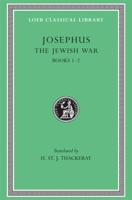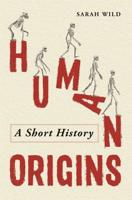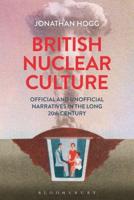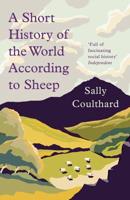Publisher's Synopsis
Excerpt from Historical and Descriptive Account of British India, From the Most Remote Period to the Present Time, Vol. 3 of 3: Including a Narrative of the Early Portuguese and English Voyages, the Revolutions in the Mogul Empire, and the Origin, Progress, and Establishment of the British Power
Heat and cold certainly produce very different effects upon different species of living creatures. A quadruped or bird which has its centre of dominion or characteristic locality in a temperate region will be so far in?uenced by an amelioration of climate as to extend its range somewhat farther north, under a meridian where, from'local causes, a greater warmth prevails than is customary in the same degree of latitude; but a truly northern species, which dwells by preference in thrilling regions of thick-ribbed ice, would rather, extend southward on a meridian line of more than usual coldness. The one would advance in the direction of the Pole', attracted rather than driven northwards by the_ increase of temperature the other would migrate in a southerly direction, not to avoid but to accompany the cold. Thus the musk-ox, one of the most remarkable of the North American animals, which affects a cold and barren district where grass is replaced by lichens, owing to the greater mildness of the climate, does not range so far to the southward on the Pacific coast as it does on the shores of Hudson's Bay; for it is neither found 1n New Caledonia nor on the banks of the Columbia, nor does it occur on the rocky mountain ridge at the customary crossing-places near the sources of the Peace, Elk, and Saskatchewan rivers.
About the Publisher
Forgotten Books publishes hundreds of thousands of rare and classic books. Find more at www.forgottenbooks.com
This book is a reproduction of an important historical work. Forgotten Books uses state-of-the-art technology to digitally reconstruct the work, preserving the original format whilst repairing imperfections present in the aged copy. In rare cases, an imperfection in the original, such as a blemish or missing page, may be replicated in our edition. We do, however, repair the vast majority of imperfections successfully; any imperfections that remain are intentionally left to preserve the state of such historical works.







